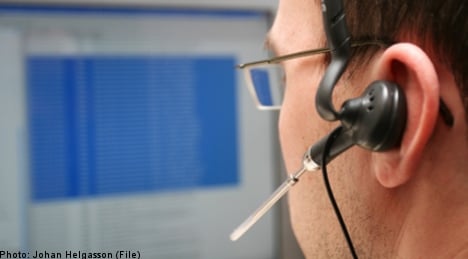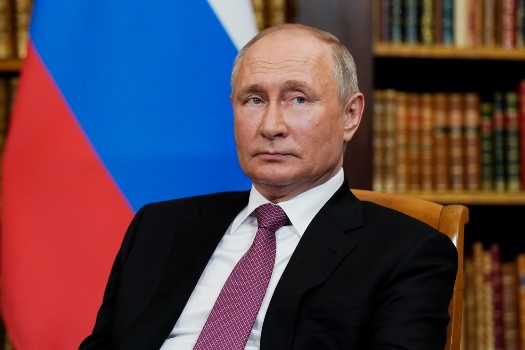SPYING
‘Friends should not monitor eachother’: PM
Norway's Prime Minister is demanding that the US provide a report on the extent to which Norwegians have been targeted by the National Security Agency's spying programmes, after declaring that "allies and friends should not monitor one another".
Published: 28 October 2013 09:33 CET

Photo: Johan Helgasson (File)
Erna Solberg revealed her request at a press conference on Monday afternoon
"We are interested to know more about this," she said. "Our embassy in Washington will consult with the Americans to examine the question whether there has been any monitoring."
Solberg over the weekend came close to condemning the NSA spying programmes revealed by whistleblower Edward Snowden in an interview with state broadcaster NRK.
"I think that allies and friends should not monitor eachother," she said. "Monitoring and terrorism-prevention is an important part of what we do in the world, but not between friends."
Norway is considering joining forces with 20 other UN countries in a general resolution aimed at reining in the spying programs carried out by America's National Security Agency (NSA).
The draft, a joint initiative from Germany and Brazil, has already attracted the support of 19 other countries, according to Foreign Policy magazine. It follows allegations that the NSA had wiretapped the phone of German chancellor Angela Merkel.
The draft document, which has been leaked, does not refer to recent US spying scandals but does state in its objectives that it wants to reaffirm "the human right of individuals to privacy and not to be subjected to arbitrary or unlawful interference with their privacy, family, home or correspondence."
It also says that the UN and its member states are “deeply concerned at human rights violations and abuses that may result from the conduct of extra-territorial surveillance or interception of communications in foreign jurisdictions.”
The other countries behind the general resolution are: Sweden, Switzerland, France, Austria, Hungary, and Liechtenstein from Europe; Argentina, Bolivia, Guyana, Paraguay, Uruguay, Mexico, Cuba, Ecuador and Venezuela, from Latin America; and South Africa.
Solberg told NRK that it was important to recognise that countries need active intelligence services.
"I think it's good that we are having a discussion about this, but it is important that we have a sober discussion and remember that intelligence is allowed, and is in fact necessary to prevent terror attacks."
Jonas Gahr Støre, the foreign minister in the last Labour-led government, said he would not be surprised to learn that Norwegian ministers' communications had been monitored.
"It would be naive to assume that this does not happen to us because we are Norwegian," he told Dagsavisen newspaper.
He was sceptical, however, about the idea of bringing in international agreements to prevent excesses like those the NSA has recently been accused of.
"I do not have any illusions that it would be possible to investigate regulate monitoring through international agreements, although certainly the issue has been raised in international forums.
"Those who carry out this work, operate in a separate sphere on the basis of safety considerations and interests of the nation, and historically they seem pretty immune to international law," he said.
Audun Lysbakken, head of the Socialist Left party has called for a commission to assess the level of monitoring that Norwegians are exposed to, updating the work of a similar commission called the Lund Commission 17 years ago.
A spokesperson for the US state department said they would review the document when it was made available, according to Foreign Policy magazine.
Url copied to clipboard!


 Please whitelist us to continue reading.
Please whitelist us to continue reading.
Member comments